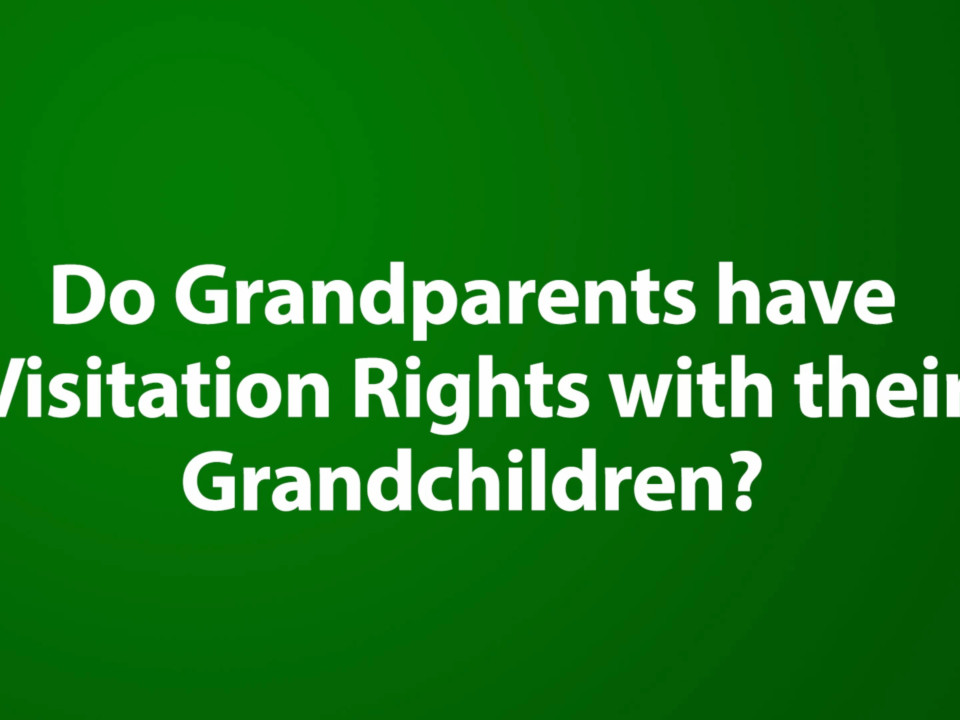When a person (known as the petitioner) decides to obtain a divorce and serves divorce paperwork upon his spouse, one of three things will typically happen:
- If your spouse answers and agrees with your petition, you have what is known as an uncontested divorce.
- If your spouse answers and disagrees with something in the petition, then your divorce will likely become a contested one.
- If your spouse does not answer your divorce petition, a judge will typically grant what you asked for in the petition – this is known as a default judgment.
Contested and Uncontested Divorce
If your spouse wants to contest the divorce, he will typically do so when he is served the divorce papers. However, just because he contests your divorce doesn’t mean you won’t be able to get one. Your divorce will proceed as a “contested” and he will have to explain to the judge why he is refusing to consent to the divorce.
If you served the divorce petition on your spouse and he filed an uncontested response, but won’t sign off on the final divorce papers, some courts may allow the case to proceed as though it is uncontested. The best course of action in either circumstance is to seek the advice of a family law attorney experienced in uncontested and contested divorces.
Even though your spouse contests the divorce in the beginning, that does not mean you will not be able to reach an agreement later on. If you are able to reach such an agreement, you can submit your agreement to the judge, who will then decide whether the agreement is fair and if it is considered to be, issue a divorce degree.
If you want to divorce but your spouse will not sign the papers, contact an experienced divorce attorney at O’Keeffe O’Brien Lyson Attorneys online or call 701-235-8000 (toll-free 877-235-8000) today.
Image courtesy of Cordell and Cordell/flickr.




